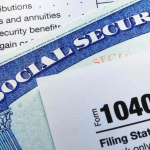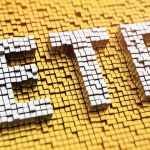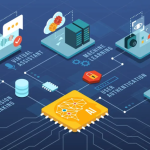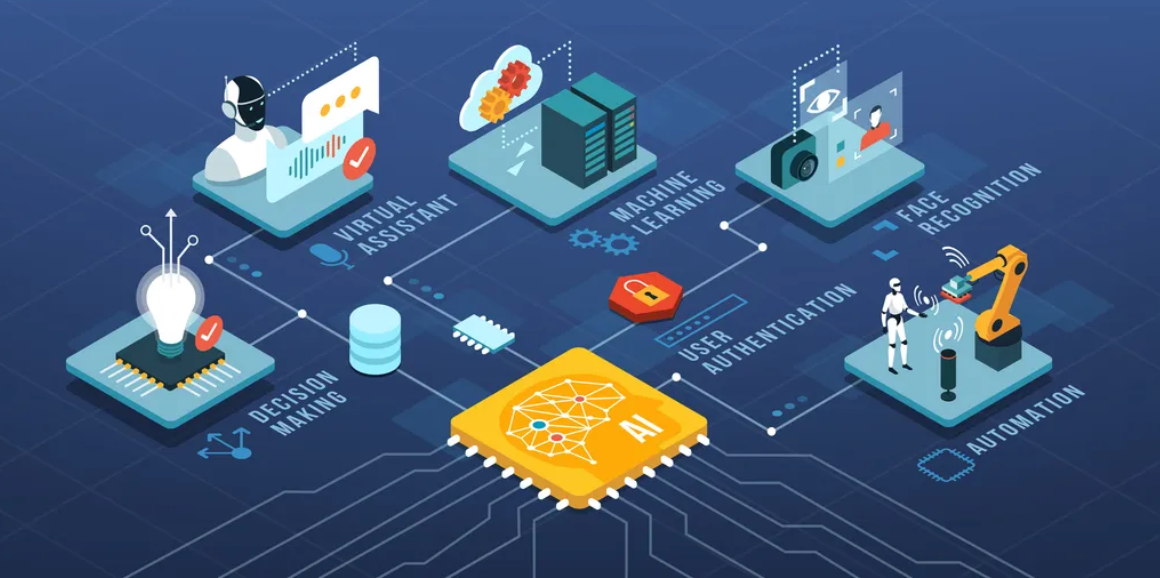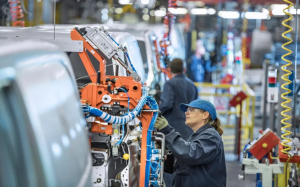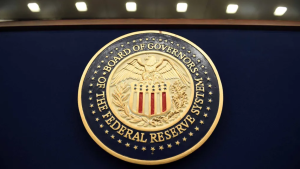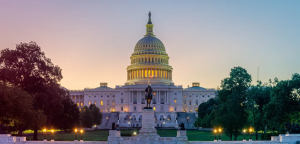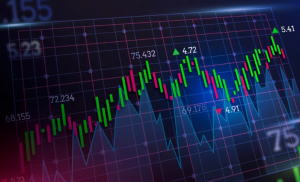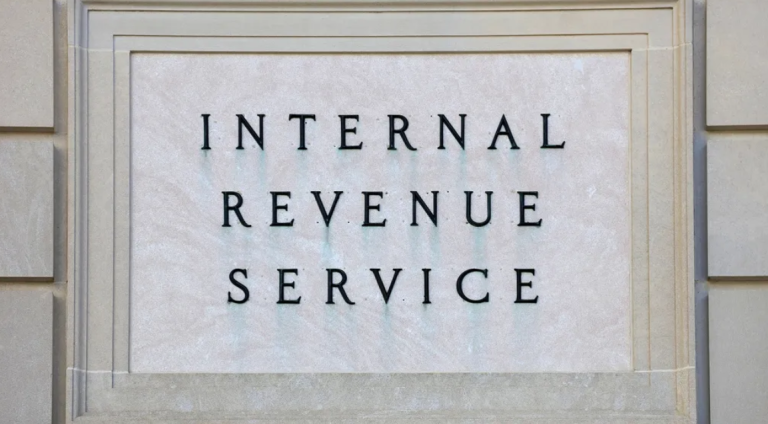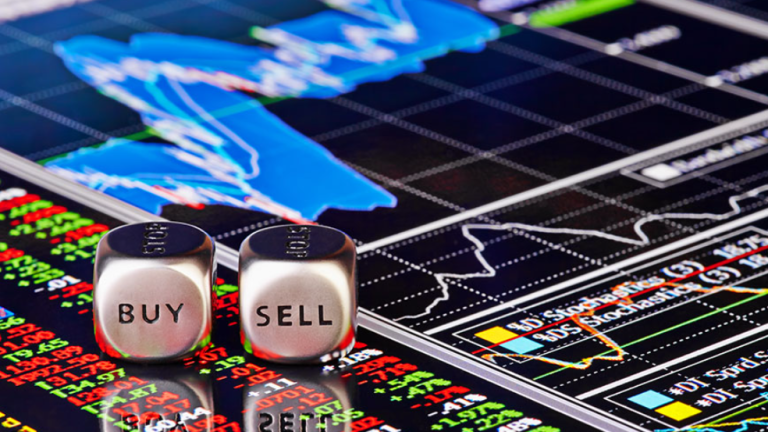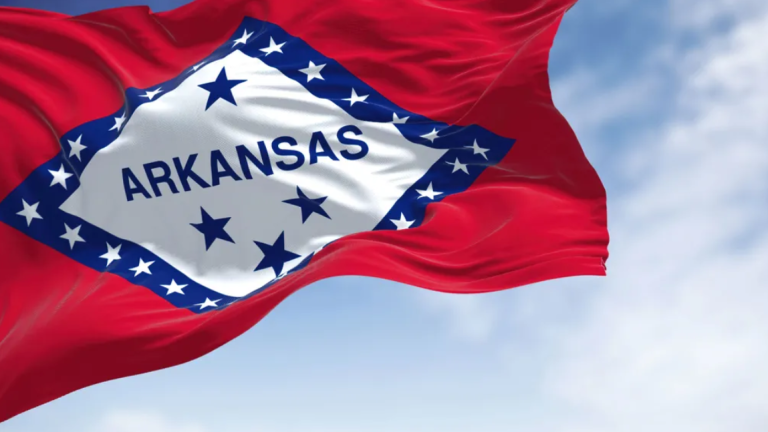Introduction: The AI Revolution and Regulatory Challenges
The rapid advancement of artificial intelligence (AI) has brought about a transformative wave in various industries. While AI promises remarkable benefits, it also raises concerns about ethics, privacy, and accountability. This article delves into the evolving regulatory landscape of AI and the crucial role it plays in shaping the economic forecasts.
- The Global Patchwork of AI Regulations
AI regulations are not uniform but rather a global patchwork. Different countries and regions have distinct approaches to regulating AI. Some, like the European Union, emphasize rigorous data protection and privacy regulations, while others, like China, prioritize AI development with fewer privacy constraints.
- Data Privacy and Ethics
Data privacy and ethics are at the forefront of AI regulation. Policymakers grapple with how to balance the need for data to drive AI innovation with the protection of individuals’ rights and privacy. Regulatory bodies must establish rules that prevent data misuse and algorithmic bias while still fostering technological advancements.
- Transparency and Accountability
AI systems are often viewed as “black boxes,” making it difficult to discern how they reach decisions. Ensuring transparency and accountability in AI algorithms is a key concern in regulations. The ability to trace and explain AI-generated decisions is critical in fields like finance, healthcare, and criminal justice.
- Intellectual Property and Innovation
AI regulatory frameworks must also consider intellectual property rights. Striking the right balance between promoting innovation and protecting AI-driven inventions through patents, copyrights, and trade secrets is a complex challenge for regulators.
- Economic Forecasts and AI Regulation
Economic forecasts are heavily influenced by AI regulations. The way countries choose to regulate AI will impact their competitiveness, investments, and technological progress. Regulations that stifle innovation or limit the use of AI in crucial sectors could have negative economic consequences.
- Impact on Industries
Different industries are affected by AI regulations in unique ways. The healthcare sector, for example, is concerned with patient data privacy, while financial institutions face stringent regulations on algorithmic trading. The adaptability of industries to these regulations will vary, shaping their economic prospects.
- Collaborative Efforts and International Standards
Many experts advocate for collaborative efforts and international standards to ensure consistent AI regulations. Organizations like the OECD are working on guidelines to harmonize regulations and create a level playing field for businesses in the global AI landscape.
- The Role of Public Opinion
Public opinion plays a significant role in shaping AI regulations. Concerns about AI’s impact on employment, privacy, and decision-making have led to greater scrutiny and demands for regulation.
Conclusion: The Evolving AI Regulatory Landscape
AI regulations are far from uniform, reflecting the diversity of concerns and approaches around the world. These regulations have a profound impact on economic forecasts and industry landscapes. As AI continues to advance, policymakers and stakeholders must navigate this complex landscape to strike a balance between innovation, ethics, and economic growth. It’s evident that all AI regulations are not created equal, and finding the right regulatory frameworks is an ongoing, global challenge that will define the future of AI and its impact on economies.
